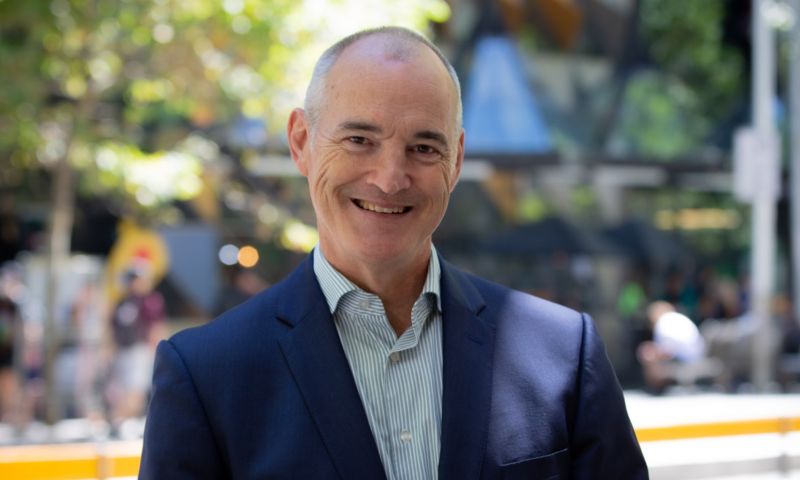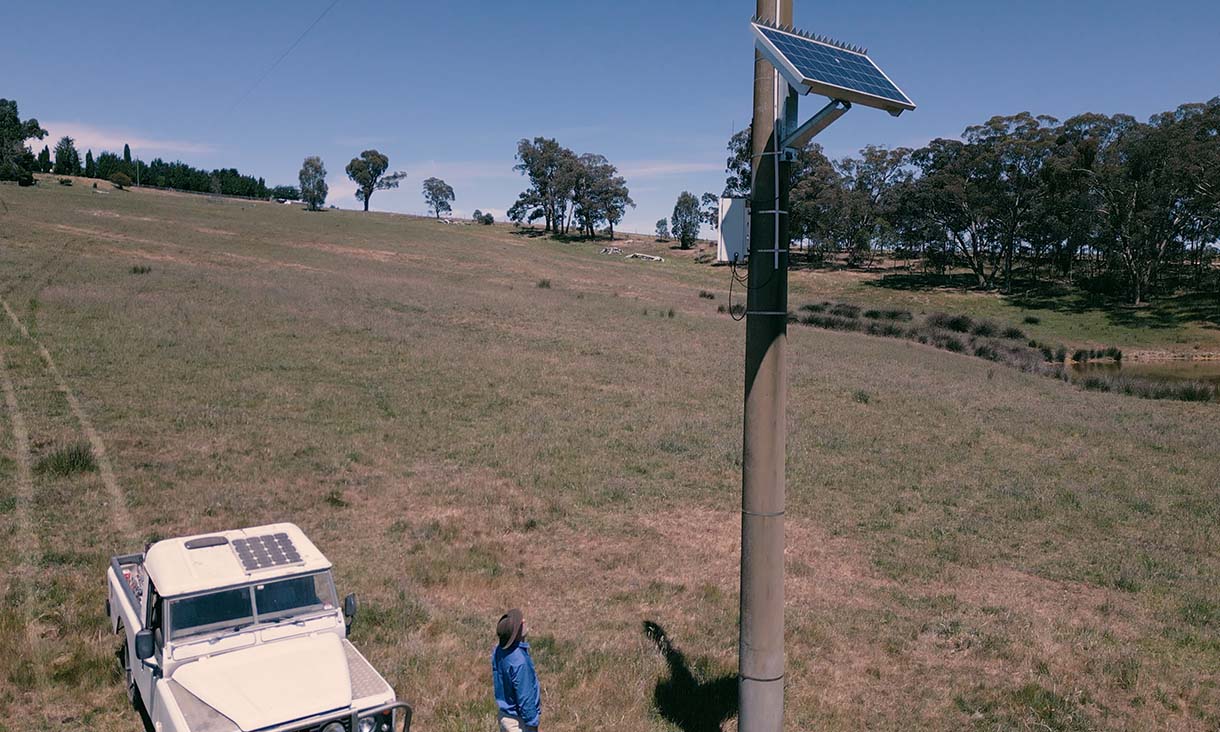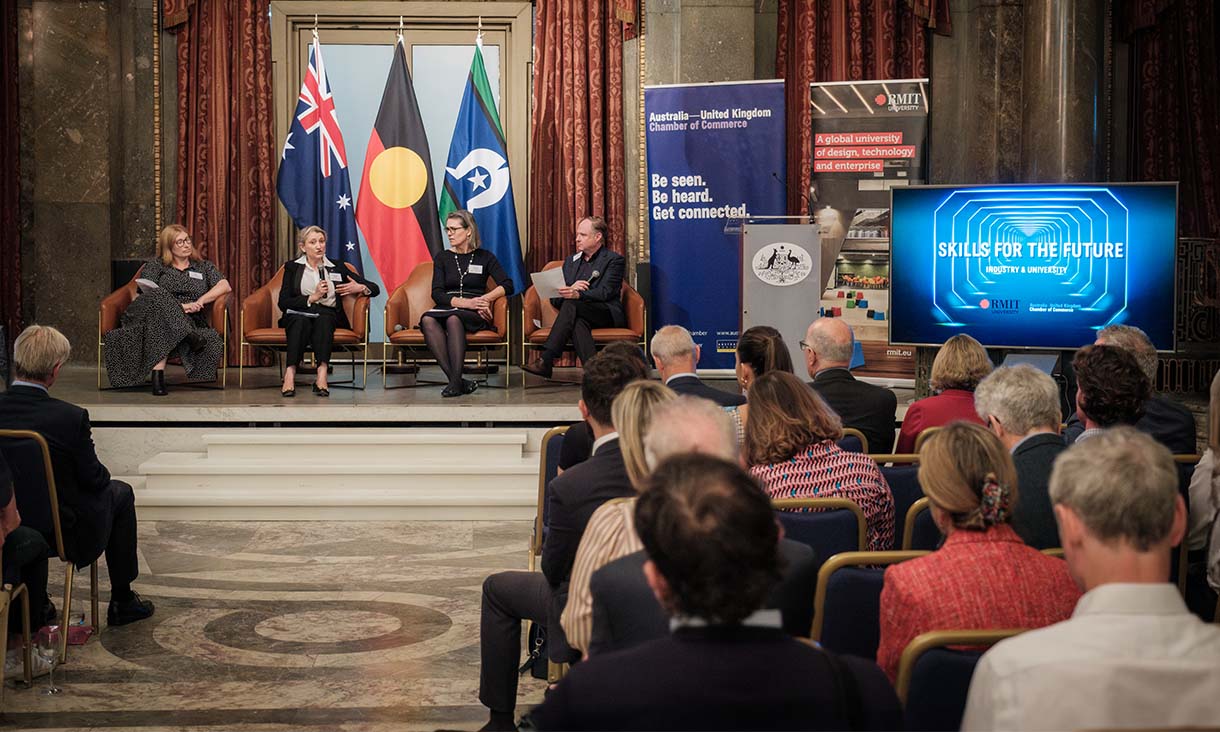Aussies in denial about impacts of generative AI
A new report reveals Australians lack a crucial understanding of the extent generative AI is expected to disrupt their roles.
Aussie invention predicts power line faults that can cause bushfires
An early fault detection (EFD) system designed at RMIT University is helping to prevent bushfires and blackouts in North America, Europe and Australia.
Education and skills for the future: insights from sector leaders
Government, university and industry leaders discuss the skills we need for the future amid critical shortages in key industry sectors.
Radio waves can tune up bacteria to become life-saving medicines
Scientists from Australia and the United States have found a new way to alter the DNA of bacterial cells – a process used to make many vital medicines including insulin – much more efficiently than standard industry techniques.





